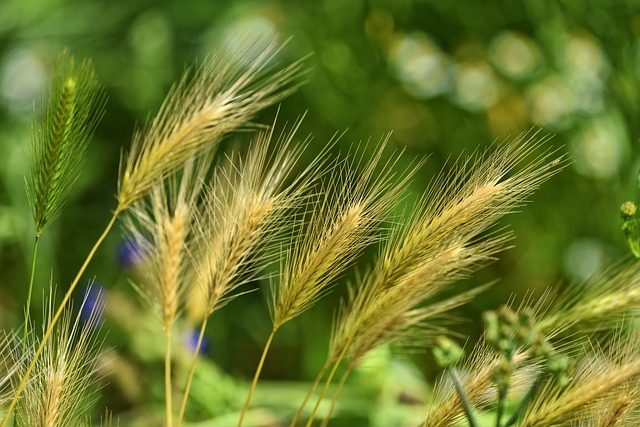Kentucky's burgeoning hemp industry now centers on high-THCA varieties due to their wellness benefits and the recent clarification of THCA legality provided by Senate Bill 2023. The state's fertile land and favorable climate are ideal for growing this non-psychoactive cannabinoid, which is attributed with anti-inflammatory and neuroprotective properties. Kentucky has established a regulatory framework that facilitates a market boom for THCA flower, with a 0.3% delta-9-THC limit in line with federal law. This has positioned Kentucky as a key player in the legal THCA market, reflecting its commitment to innovation and sustainability within agriculture, particularly following the 2018 Farm Bill's federal legalization of hemp derivatives. THCA's legal status in Kentucky allows consumers to access this compound's potential health benefits safely, with a focus on compliance and quality control in product offerings. The state's hemp pilot program has set best practices for the industry, ensuring that THCA remains a legally accessible and regulated product within Kentucky's market.
Exploring the emergence of THCA flower as a prominent figure in Kentucky’s evolving cannabis landscape, this article delves into the nuances of this non-psychoactive cannabinoid and its burgeoning popularity following legal reforms. From its potential therapeutic properties to the intricacies of sourcing it within the state’s legal framework, we examine the science, cultivation, and consumption of THCA flower. Kentucky’s changing legislation has paved the way for a new era in cannabis, with THCA flower at the forefront. This comprehensive guide navigates consumers and growers through the legalities, market dynamics, and health aspects of this unique compound, ensuring an informed perspective on its role and future in Kentucky’s cannabis scene.
- THCA Flower and Its Rising Popularity Amidst Legal Changes in Kentucky
- Understanding THCA: The Precursor to THC and Its Potential Benefits
- Kentucky's Changing Legislation: THCA Flower's Legal Status Clarified
- Sourcing THCA Flower Legally in Kentucky: A Guide for Consumers
- The Science Behind THCA: What Sets It Apart from Other Cannabinoids?
- Cultivation of THCA-Rich Flowers in Kentucky: Insights for Growers
THCA Flower and Its Rising Popularity Amidst Legal Changes in Kentucky
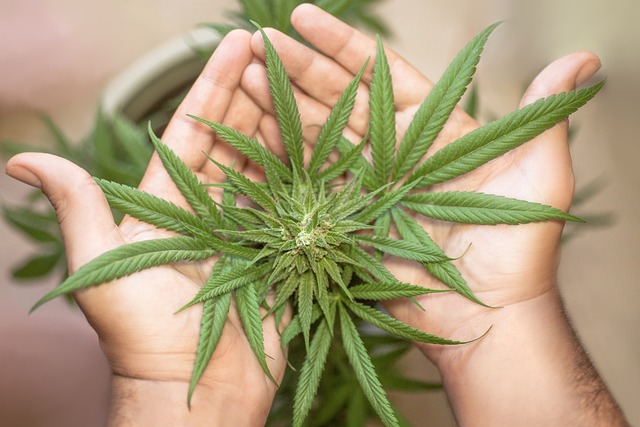
The interest in THCA flower, a cannabinoid-rich hemp derivative that has not yet been activated into THC through heating, has surged as legal changes reshape Kentucky’s landscape. Kentucky, known for its agricultural prowess, has become increasingly conducive to the cultivation and processing of hemp, including THCA-rich varieties. The state’s legislative evolution, particularly with the passage of Senate Bill 2023, has clarified the legality of THCA within its borders, opening doors for consumers and manufacturers alike. This new legal clarity has led to a boom in the availability and popularity of THCA flower among those seeking wellness benefits associated with hemp without the psychoactive effects typically found in high-THC cannabis.
Kentucky’s favorable climate and fertile land make it an ideal location for the production of hemp, particularly strains that are rich in THCA. As such, Kentucky has emerged as a significant player in the burgeoning market for THCA flower. The rise in popularity is not merely due to the legality but also the potential therapeutic properties attributed to THCA, which include anti-inflammatory and potentially neuroprotective effects. With an increasing number of consumers seeking out natural alternatives for health and wellness, THCA flower has garnered attention as a non-intoxicating option that aligns with both state regulations and personal preferences for plant-based remedies. Kentucky’s producers are capitalizing on this trend, offering a variety of THCA flower strains to cater to an expanding market.
Understanding THCA: The Precursor to THC and Its Potential Benefits
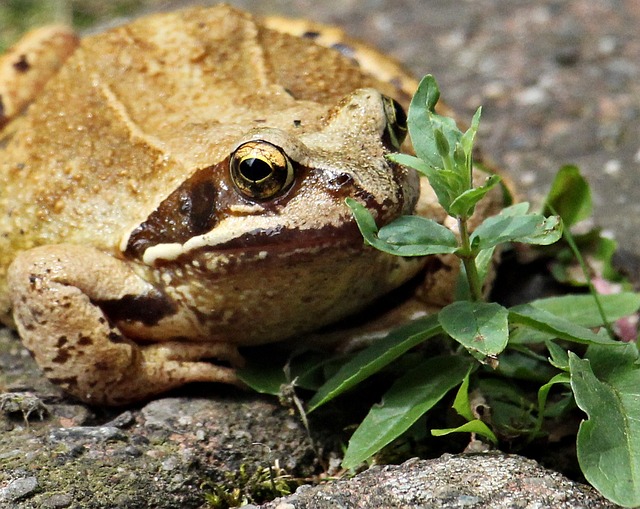
Cannabidiolic acid (CBDa) and tetrahydrocannabinolic acid (THCA) are two prominent cannabinoids found in the Cannabis sativa plant. THCA is the precursor to THC, the psychoactive compound well-known for its effects in cannabis. Unlike THC, THCA does not induce psychoactive effects, making it a compelling subject of interest for those seeking the potential therapeutic benefits without the high. Preliminary research suggests that THCA may have anti-inflammatory and neuroprotective properties, which could be beneficial in managing conditions like inflammation, anxiety, and certain neurological disorders.
The legal landscape concerning cannabinoids is complex and varies by jurisdiction. As of the knowledge cutoff date, THCA’s legal status is nuanced, with some states, such as Kentucky, permitting the sale and possession of hemp-derived products containing less than 0.3% THC. This legality opens up opportunities for individuals to experiment with and benefit from THCA’s potential wellness properties without violating state laws. It is important for consumers to stay informed about their local regulations, as compliance with these laws ensures a safe and legal experience with cannabinoid products. Kentucky’s regulatory framework reflects the evolving understanding of cannabinoids and their implications for health and well-being, positioning it as a region where interested parties can explore the potential benefits of THCA legally.
Kentucky's Changing Legislation: THCA Flower's Legal Status Clarified

Kentucky’s legislative landscape has evolved significantly regarding hemp-derived products, including THCA flower. Historically, Kentucky, a state with deep agricultural roots, has been at the forefront of hemp cultivation due to its favorable growing conditions and historical connection to hemp production. With the passage of the 2018 Farm Bill, which federally legalized hemp derivatives, including THCA flower, states like Kentucky began to reassess their own regulations.
The Kentucky Department of Agriculture has been proactive in establishing clear guidelines for the cultivation, processing, and sale of hemp and its derivatives. As of recent updates, THCA flower is legal in Kentucky under certain conditions. These conditions mandate that the product contains less than 0.3% delta-9 tetrahydrocannabinol (THC) on a dry weight basis, aligning with federal regulations. Retailers and producers must adhere to stringent licensing requirements and comply with state monitoring programs to ensure that THCA flower is safely and legally produced and distributed within the state’s boundaries. This regulatory framework is designed to protect public health and safety while accommodating the growing hemp industry in Kentucky, which continues to be a significant player in the nation’s hemp market.
Sourcing THCA Flower Legally in Kentucky: A Guide for Consumers
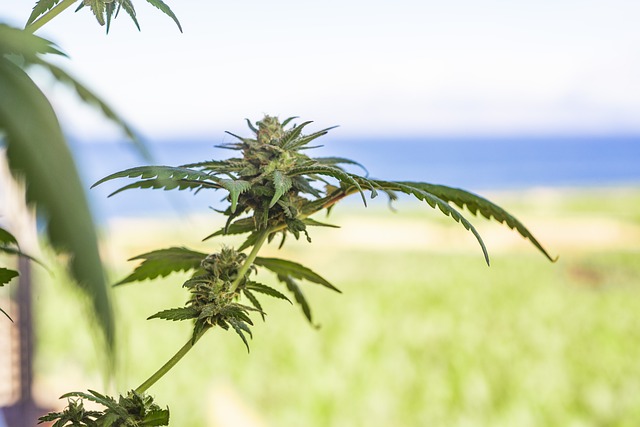
Navigating the legal landscape for THCA (Tetrahydrocannabinolic Acid) flower in Kentucky can be a straightforward process with the right information. As of the latest updates, hemp-derived THCA, which contains less than 0.3% delta-9-THC, is legally permissible under the 2018 Farm Bill and subsequent state regulations. Consumers interested in sourcing THCA flower in Kentucky should first verify that their chosen vendor adheres to these federal and state guidelines. It’s crucial to purchase from reputable sources that provide certificates of analysis (COAs) for their products, ensuring that the THCA flower is both potent and legally compliant. Kentucky’s hemp market has grown significantly, offering a variety of high-quality THCA flowers for consumers. When looking for THCA legal in Kentucky, consider local dispensaries or online retailers specializing in hemp products. Always prioritize vendors who are transparent about their sourcing and adhere to stringent cultivation and testing practices to guarantee a safe and legal purchase. By staying informed and purchasing from licensed and regulated entities, Kentucky residents can legally enjoy the potential benefits of THCA flower within the confines of state and federal law.
The Science Behind THCA: What Sets It Apart from Other Cannabinoids?
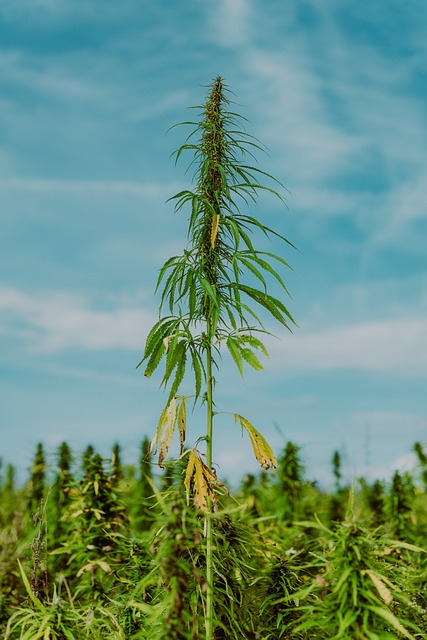
Delta-9-tetrahydrocannabinolic acid (THCA) is a non-psychoactive cannabinoid found in the Cannabis sativa plant and is the precursor to the well-known psychoactive compound THC. The science behind THCA is fascinating, as it interacts with the human body’s endocannabinoid system differently than other cannabinoids. Unlike THC, which must be heated to transform into its psychoactive form, THCA retains its native structure when consumed. This distinction sets THCA apart, as it offers potential therapeutic benefits without the psychoactive effects commonly associated with cannabis. Preliminary research suggests that THCA may have anti-inflammatory, neuroprotective, and analgesic properties, making it a subject of interest for various health applications.
In Kentucky, where laws regarding cannabinoids are evolving, THCA has become a focal point due to its legal status. As of the knowledge cutoff in 2023, THCA is considered legal in Kentucky under certain conditions. The state’s agricultural industrial hemp program allows for the cultivation and processing of hemp containing less than 0.3% delta-9-THC on a dry weight basis, which includes THCA. This legislative framework has opened avenues for researchers and manufacturers to explore the potential benefits of THCA, leading to a burgeoning market for THCA-rich products within the state’s boundaries. As such, Kentucky’s stance on THCA reflects a growing recognition of the cannabinoid’s unique role in the cannabis plant and its distinct impact compared to other cannabinoids.
Cultivation of THCA-Rich Flowers in Kentucky: Insights for Growers

Kentucky’s agricultural landscape presents a unique opportunity for cultivating THCA-rich flowers, given the state’s favorable climate and soil conditions. As of the knowledge cutoff date in early 2023, the cultivation of hemp with THC levels at or below 0.3% is legal in Kentucky under the 2018 Farm Bill and subsequent state regulations. Growers interested in this niche market should focus on strain selection that naturally contains high levels of THCA, the non-psychoactive precursor to THC found in cannabis plants. The Kentucky Department of Agriculture provides comprehensive guidelines and certification processes for hemp cultivation, which include stringent testing protocols to ensure compliance with legal THC limits.
Successful cultivation requires an understanding of THCA’s sensitivity to light and temperature, as these factors can influence the concentration of THCA versus other cannabinoids. Kentucky growers should invest in precision agriculture techniques and technology, such as advanced climate control systems and soil monitoring equipment, to optimize conditions for high-THCA yields. Additionally, Kentucky’s hemp pilot program has been instrumental in gathering data that supports best practices for cultivation, processing, and marketing of THCA-rich products within the legal framework established by state and federal laws. This initiative not only supports the local economy but also positions Kentucky as a leader in the production of high-quality THCA flowers for various applications, including wellness and medical use.
As Kentucky continues to evolve its legislative framework surrounding cannabis, the emergence and growing popularity of THCA flower have carved out a notable niche within the state’s legal landscape. This article has delved into the multifaceted aspects of THCA, from its unique potential benefits to the clarity provided on its legal status in Kentucky. With the increasing availability of THCA flower for consumers and insights into cultivation practices for growers, it’s evident that this cannabinoid is gaining traction as a viable alternative or complement to traditional THC products. As the understanding of THCA deepens, so too does the interest and engagement from both medical and recreational users looking to explore its properties within the bounds of Kentucky’s thca legal framework.
